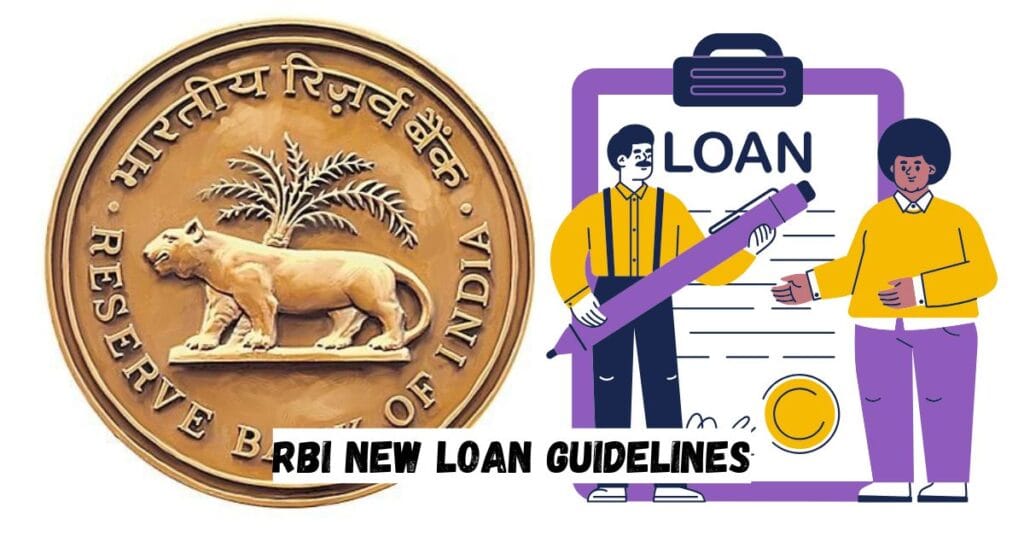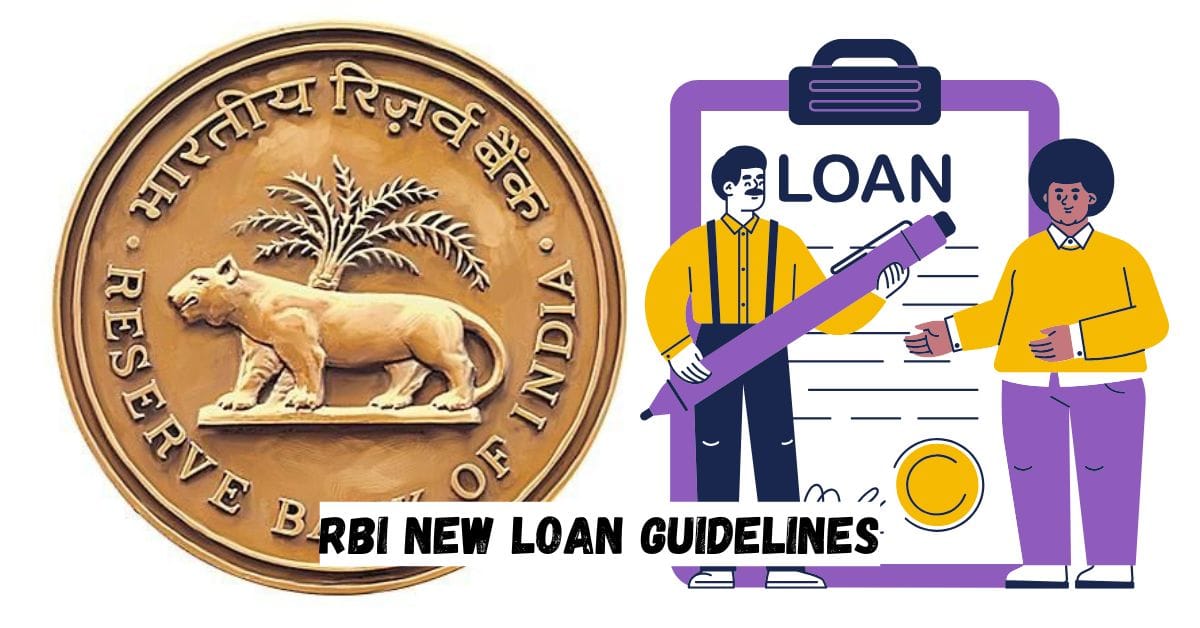RBI New Loan Guidelines: The Reserve Bank of India (RBI) has said that banks, especially priority sector banks (PSL), cannot levy any access charge on small loans. According to RBI, no loan-related ad-hoc service charge or inspection charge will be levied on priority sector loans up to Rs 50,000.
This will save small borrowers from unnecessary financial burdens. RBI has issued new Master Directions on Priority Sector (PSL). This will replace the existing guidelines running from 2020. The RBI New Loan Guidelines come into effect from 1 April 2025.

Table of Contents
RBI New Loan Guidelines: What is Priority Sector Lending?
Priority Sector Lending (PSL) is a regulatory requirement set by the RBI in India. Under this, banks have to lend a portion of their loans to certain sectors of the economy. These sectors are considered important for inclusive growth, poverty reduction and development.
However, banks do not do this due to risk or low profitability. This policy helps the deprived and economically weaker sections of society, such as farmers, small businesses, and low-income families, get affordable loans.
Banks that are unable to achieve their prescribed PSL target have to spend on the financial schemes run by Rural Infrastructure Development (RIDF) and National Bank for Agriculture and Rural Development, i.e. NABARD.
In these guidelines, the central bank has also clarified that loans taken by banks against gold jewellery purchased from non-banking financial companies (NBFCs) will not be considered under the priority sector loan category. Banks cannot classify such loans as part of their PSL targets.
RBI New Loan Guidelines: Highlighted Points
- MSME Loan: Credit loans for micro, small and medium enterprises.
- Education loan: Loan up to Rs 10 lakh for studies in India and up to Rs 20 lakh for studies abroad.
- Housing loan: Loan for building a house up to Rs 35 lakh in metro cities and Rs 25 lakh in other areas.
- Weaker Section: Credit loans to SC/ST, women and economically deprived people.
- Others: Export credits, loans for renewable energy and building social infrastructure such as schools and hospitals.
RBI New Loan Guidelines: What Does this Mean?
The move is aimed at ensuring that priority sector funds are directed towards sectors that genuinely need financial support, such as small businesses, agriculture and vulnerable sections of society.
It said that loans taken by banks against gold jewellery purchased from NBFCs are not eligible for priority sector status.
RBI will introduce a more stringent monitoring system to ensure better compliance with PSL targets. Banks will now have to submit detailed data on their priority sector advances on a quarterly and annual basis.
Big changes coming! 🚀 The RBI's new guidelines, effective April 1, 2025, will expand loan limits and boost renewable energy projects! This is great news for housing finance companies like LIC Housing Finance. 📈🏡💰 #CSKvsRCB #NupurSharma #OnlineIPLBetting #RBI pic.twitter.com/hRVv5GJ66t
— Stock.Bulletin (@stock_bulletin) March 25, 2025
According to the new guidelines, bank data should be reported within fifteen days from the end of each quarter and within one month from the end of the financial year. This move is designed to increase transparency and accountability in PSL implementation.

Jay Chavda He is the Founder and Writer of businesspulsecare.com. He is an I.T Engineer, Freelancer, Businessman. He posts Business, Stock/Share Market, Finance Related News and updates on the website. 🔗

